June 29, 2021: UBC Advanced Research Computing Workshop
UBC Advanced Research Computing (ARC) invites you to a webinar workshop! They offer tools that are useful to many IRES researchers, even those that don’t identify as High Performance Computing users. If your research involves computationally intensive tasks, you could benefit from using and consulting with ARC.
On June 29th at 12pm, join us for:
- A general introduction to ARC services
- Explanation of specific services like: commercial cloud computing, REDcap & research data management
- Q&A with ARC – send in requests for walk-throughs or other specific questions to nivretta.thatra@ubc.ca!
Please click here for the Zoom link to attend.
Congratulations to our May Graduates! We wish you all the best in your future endeavours and can’t wait to see what amazing things you’ll go on to do. If you wish to check out the graduate theses & dissertations, please click here.
Hannah Barnard-Chumik(MSc)
Supervisor Amanda Giang
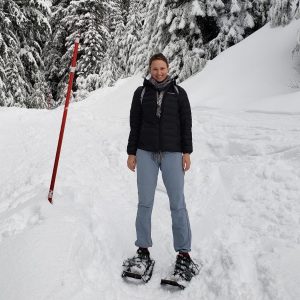
|
Brianne Della Savia (MA)
Supervisor Gunilla Öberg
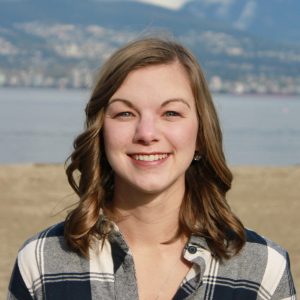
|
Ilana Judah (MSc)
Supervisor Stephanie Chang
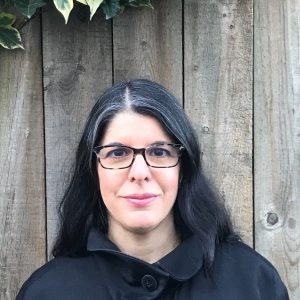
|
Vikas Menghwani (PhD)
Supervisor Hisham Zerriffi
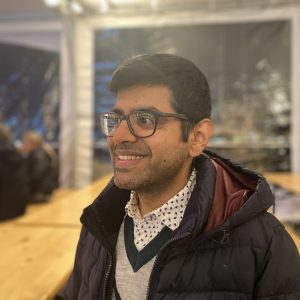
|
Anthony Persaud (PhD)
Supervisor Terre Satterfield
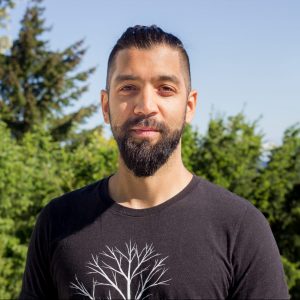
|
David Righter (MSc)
Supervisor Stephanie Chang

|
Sameer Shah (PhD)
Supervisor Leila Harris
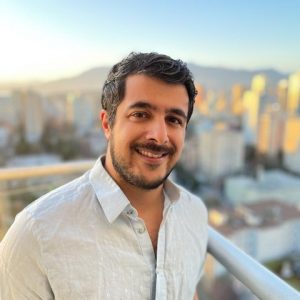
|
Nicolás Talloni-Álvarez (PhD)
Supervisor Rashid Sumaila
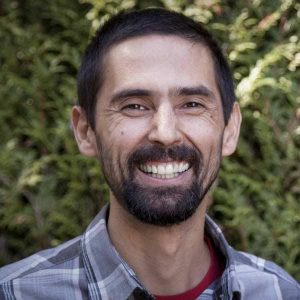
|
Alejandra Virgen Urcelay (MSc)
Supervisor Simon Donner
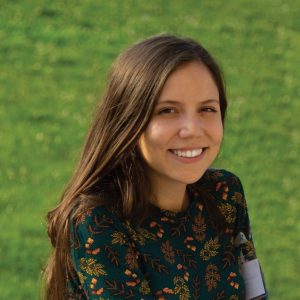
|
Ian Theaker (MA)
Supervisor Milind Kandlikar

|
CONGRATUATIONS!










